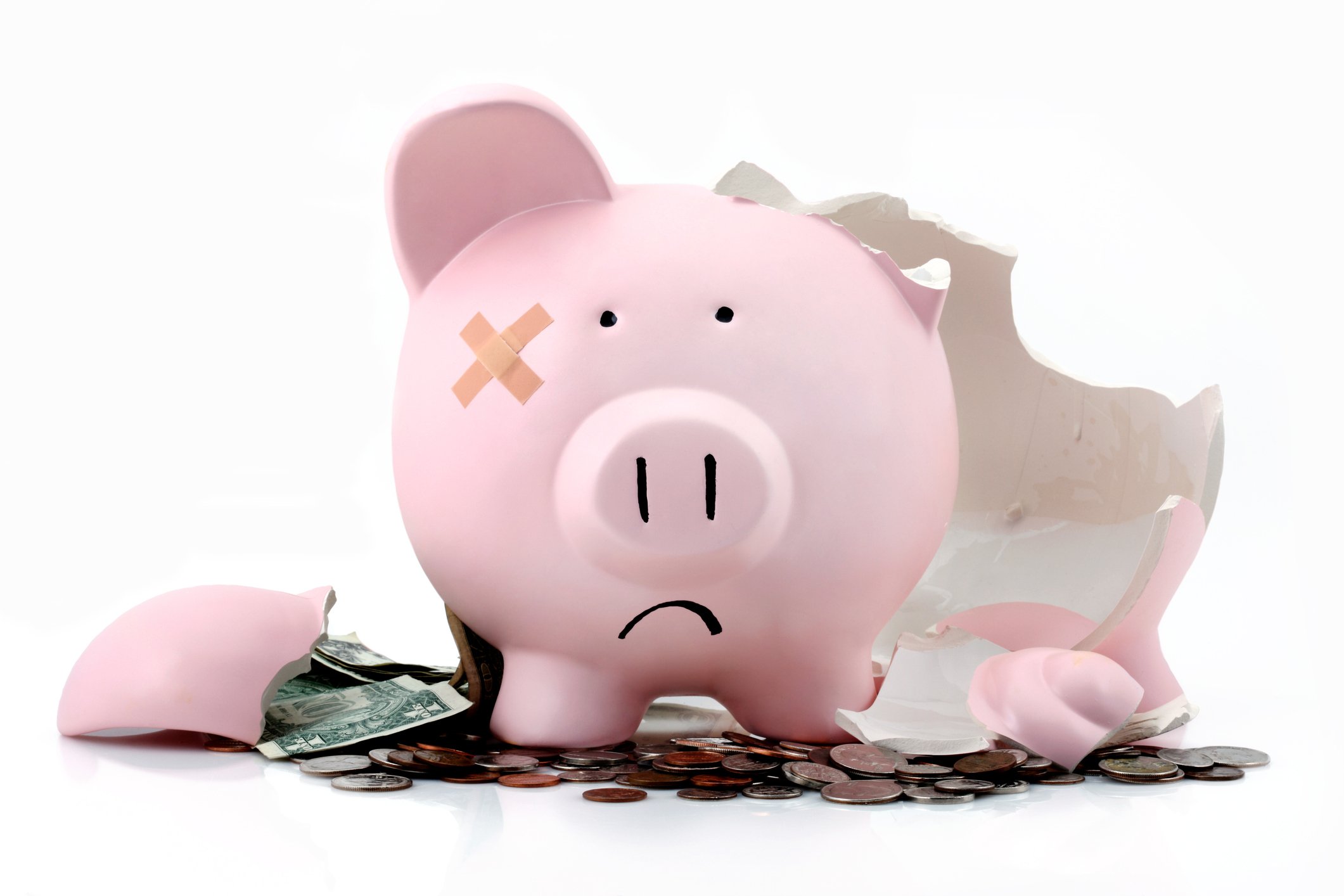According to French Health Minister Olivier Veran, consumers shouldn't be rushing out to buy anti-inflammatory drugs in the hopes of minimizing the possible symptoms of COVID-19. Veran said that drugs like ibuprofen and cortisone could be "aggravating factors" and make the symptoms of the illness even worse. Popular NSAIDs (non-steroidal anti-inflammatory drugs) include aspirin, ibuprofen, and naproxen.
Veran suggested using acetaminophen (aka, Tylenol) -- which is not an NSAID -- to treat fevers. However, there are no specific recommendations from the World Health Organization yet as to which medicines to take to treat COVID-19 or its symptoms. The WHO has noted that taking ibuprofen or acetaminophen "may mask symptoms of infection."
France has more than 5,000 confirmed cases of COVID-19 as of Monday and over 120 deaths. It has been one of the hardest-hit countries in Europe, although Spain has more cases with over 7,700, and Italy has close to 25,000 cases.

Image source: Getty Images.
Advice comes as stores are running slow on supplies
Consumers have been stockpiling essential items in preparation for extended periods of isolation due to the COVID-19 pandemic. The Food and Drug Administration says it expects that the outbreak will lead to "potential disruptions to supply or shortages of critical medical products in the U.S."
For retail pharmacies like Walgreens Boots Alliance (WBA +0.00%), that could lead to challenges in keeping stores stocked. The company announced last week that it would be putting purchase limits into place to help manage inventory levels and make items more widely available. In addition, the company will waive delivery fees on eligible prescriptions and for any purchases made on Walgreens.com. The healthcare company will also provide testing for COVID-19 at some of its locations.






